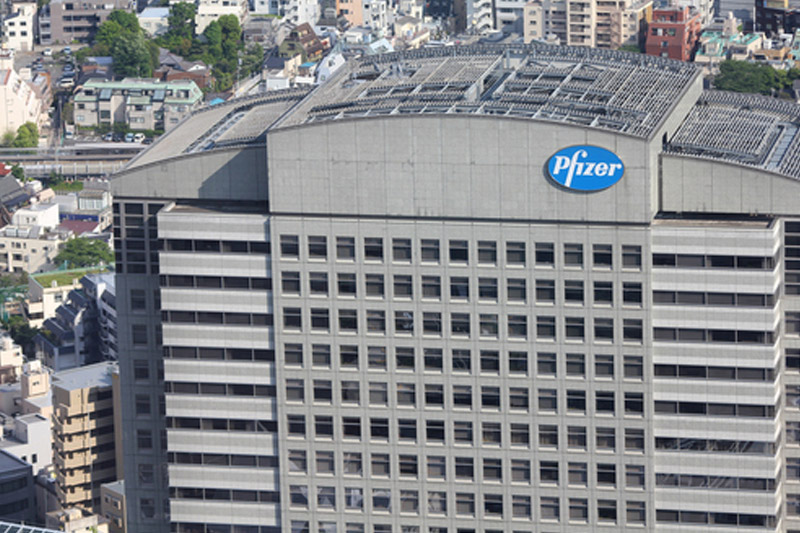© Reuters. FILE PHOTO: A mother watches her child who is suffering from an RS Virus infection at the paediatric intensive care unit at the Asklepios Clinic in Sankt Augustin, Germany, December, 6, 2022. REUTERS/Benjamin Westhoff/File Photo
By Raghav Mahobe and Mariam Sunny
(Reuters) -Advisers to the U.S. Food and Drug Administration on Thursday began discussing Pfizer Inc (NYSE:)’s experimental respiratory syncytial virus (RSV) vaccine intended to protect infants through six months of age when given to expectant mothers.
A positive vote by the panel on the vaccine’s effectiveness and safety would boost its chances of becoming the first available maternal shot to protect babies, who are among those at greatest risk for severe illness from RSV. The FDA typically follows recommendations of its expert advisers but is not obligated to do so.
An estimated 58,000 to 80,000 children under 5 years old are hospitalized due to RSV infection annually in the United States, according to government data.
A passive immunization strategy could protect infants until they are old enough that RSV infection is less likely to be severe, U.S. Centers for Disease Control and Prevention (CDC) official Katherine Fleming-Dutra said during the meeting.
The agency’s staff reviewers on Tuesday deemed the safety data for Pfizer’s vaccine “generally favorable”.
While they flagged a higher number of pre-term births among participants taking the Pfizer shot compared to those who received a placebo, the FDA said the difference was not statistically significant, so that may have occurred by chance.
Demand for a maternal RSV vaccine, however, could be limited compared to other childhood vaccinations that are often mandated for attending schools, said Jonathan Miller, a pediatric expert on RSV, ahead of the meeting.
The shot was 82% effective in a late-stage trial in preventing severe RSV infections in infants when given to expecting mothers in the second half of their pregnancy.
Barney Graham, senior adviser for global health equity at the Morehouse School of Medicine, noted before the panel meeting that virtually all adults have been infected with RSV multiple times in the past and develop some level of immunity.
“With the vaccine, you can boost that immunity to much higher levels than you ever get with an infection,” he said.
While there is no maternal RSV vaccine available in the United States, GSK Plc earlier this month became the first to secure U.S. approval of an RSV shot for older adults. The FDA is expected to decide on Pfizer’s vaccine for the older age group later this month.
Sanofi (NASDAQ:) and AstraZeneca (NASDAQ:)’s antibody drug nirsevimab is also under FDA review to prevent RSV in infants after winning European Commission approval.
GSK voluntarily stopped a clinical trial of its maternal RSV vaccine over safety concerns in February of last year.
If Pfizer’s vaccine is approved by the FDA, the CDC will then need to sign off on its use to make it widely available to pregnant mothers.
Read the full article here




